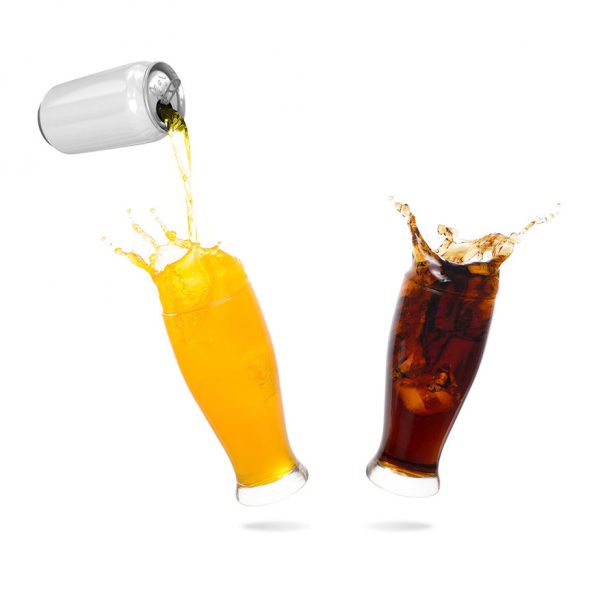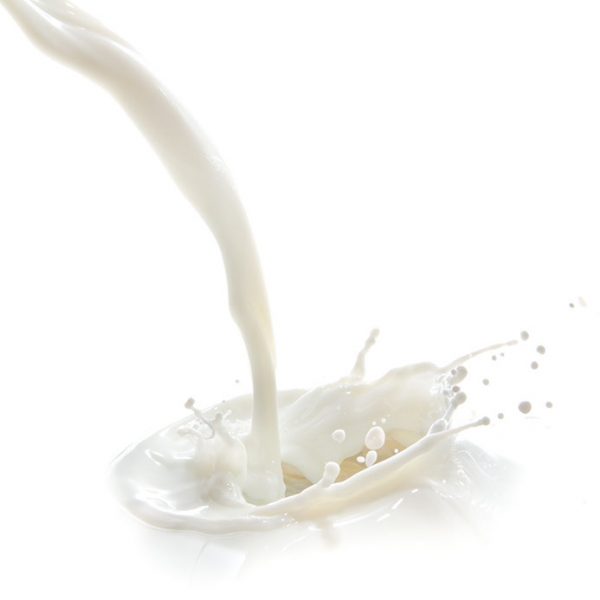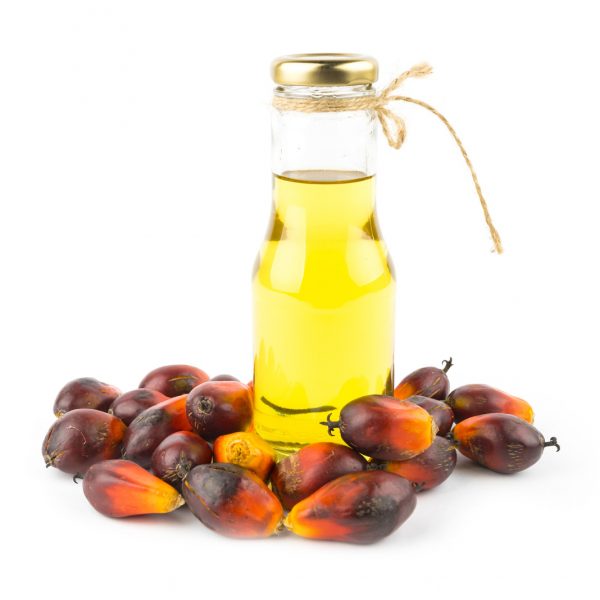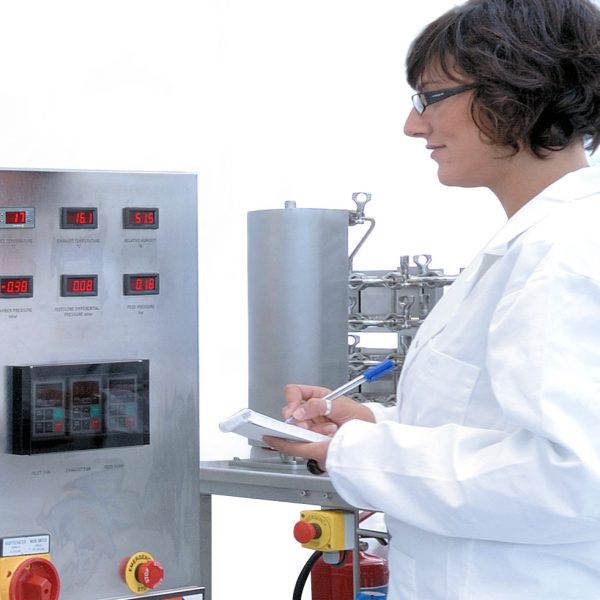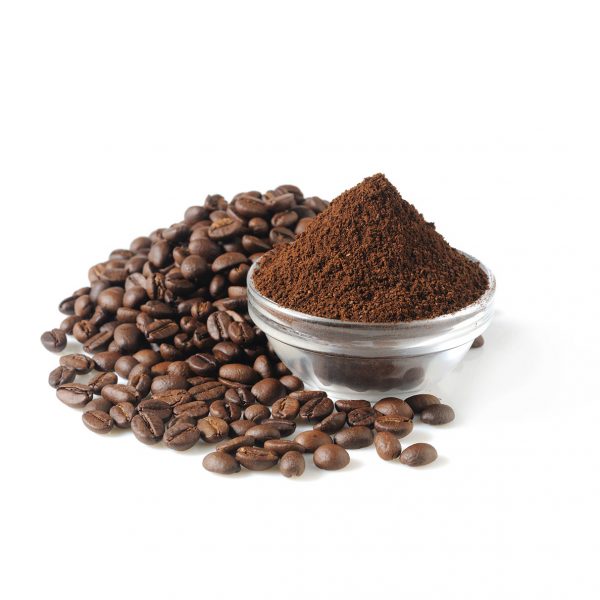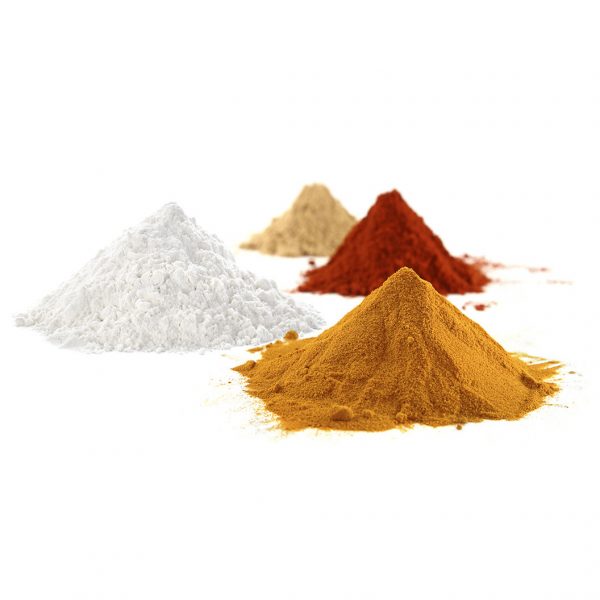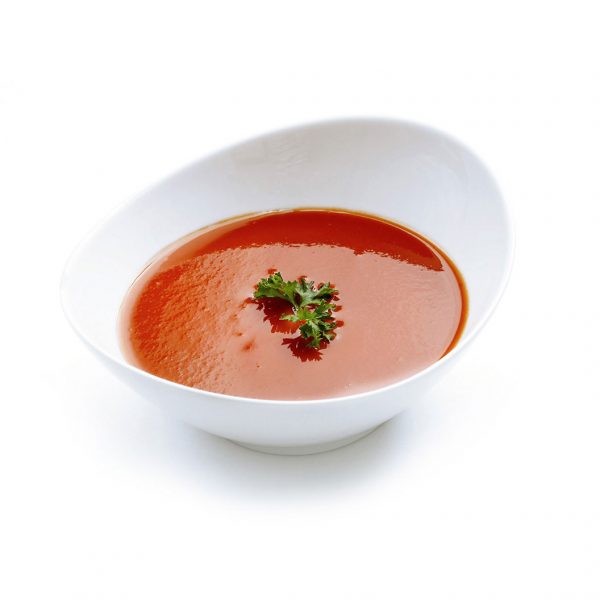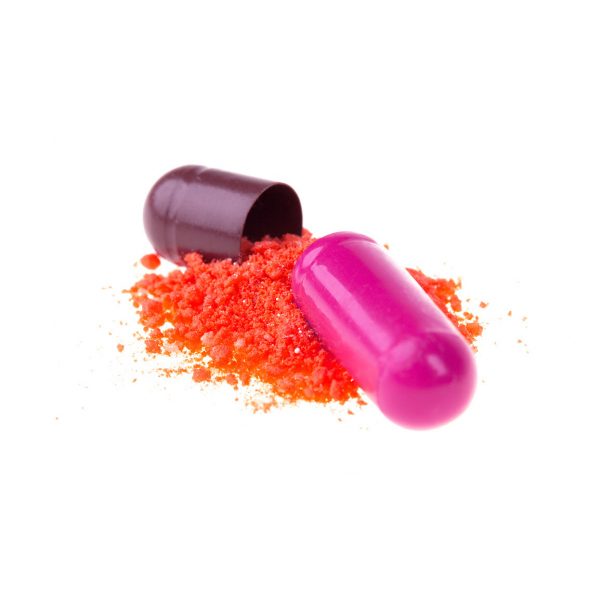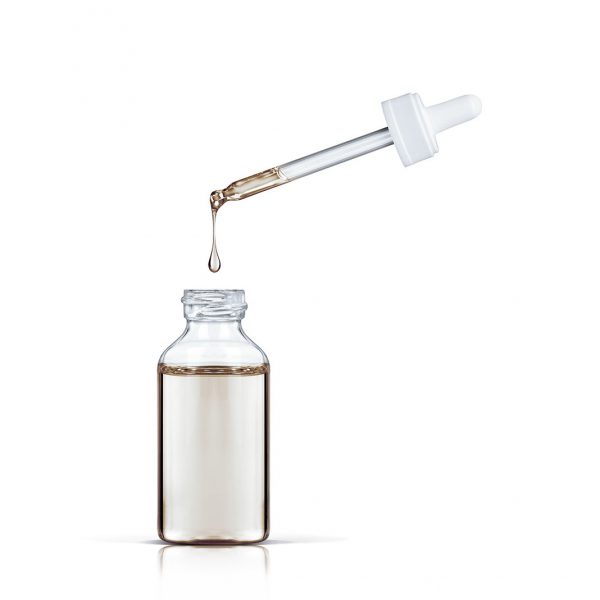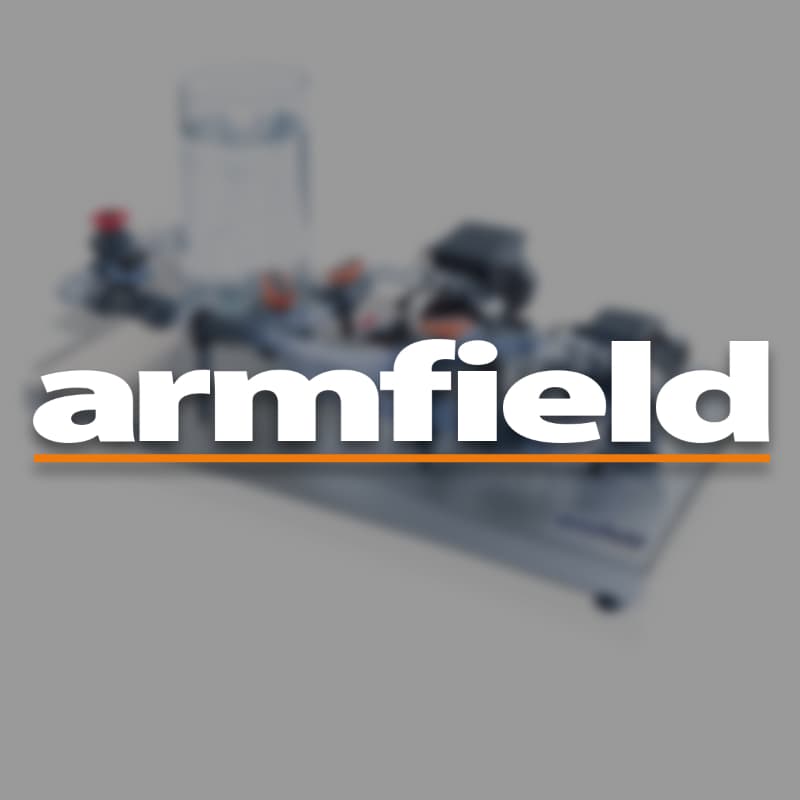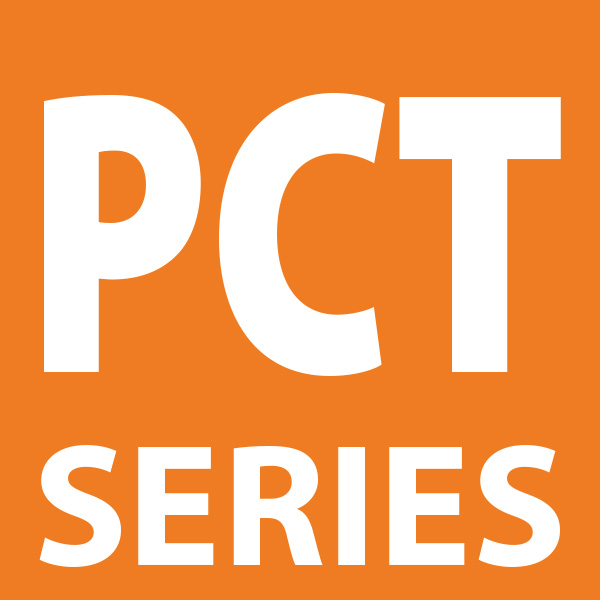Distillation: Unlocking the Secrets of Efficient Systems

Distillation systems are among the oldest and most effective separation methods in chemical engineering. Used across industries ranging from pharmaceuticals to petroleum refining, these systems exploit differences in boiling points to separate mixtures into their pure components. Whether in a laboratory, an industrial plant, or even for home water treatment, distillation equipment continues to be the ideal solution for producing purified products with precision and reliability.
What is a Distillation System?
A distillation system is a unit operation designed to separate liquids based on their vapour pressure and boiling points. By applying heat to a liquid mixture in a boiling chamber, components are vaporised and then condensed back into liquid form in a condenser. The distillate collected represents the purified fraction. From producing distilled water to refining crude oil into usable fuels, distillation units play a critical role in modern industrial applications.
Different Types of Distillation Systems
Distillation types vary according to the mixture being separated and the efficiency required:
-
Batch distillation – Common in smaller operations such as distilleries for alcoholic beverages.
-
Continuous distillation – Widely used in industrial processes like petroleum refining, where distillation towers operate non-stop.
-
Fractional distillation – Involves fractionating columns to separate multiple components from a liquid mixture, ideal for crude oil and chemical feedstocks.
-
Steam distillation – Applied to heat-sensitive liquids such as essential oils.
-
Vacuum distillation systems – Reduce pressure to allow separation at lower temperatures, protecting heat-sensitive solvents.
-
Extractive and azeotropic distillation – Used when components have very similar boiling points, requiring solvents or pressure-swing designs for effective separation.
Each system has tailored solutions depending on the specific needs of the industry.
Key Components of Distillation Units
Most distillation equipment includes:
-
Boiling chamber or still – Where the original mixture is heated by a heating element.
-
Condenser and coils – To cool vapour into liquid, often aided by heat exchangers.
-
Collection vessel or storage containers – To store the final purified product.
-
Control systems – In modern designs, computer-controlled modules ensure selective boiling, accurate temperature monitoring, and reduced contamination risks.
How the Distillation Process Works
The process begins by heating the liquid mixture until the component with the lowest boiling point enters the gas phase. Vapour rises through the column, undergoes physical separation, and is condensed back into the liquid phase. The condensate is collected as distilled water, purified solvents, or refined fuels depending on the application. Remaining liquid may undergo further evaporation and treatment to maximise yield.
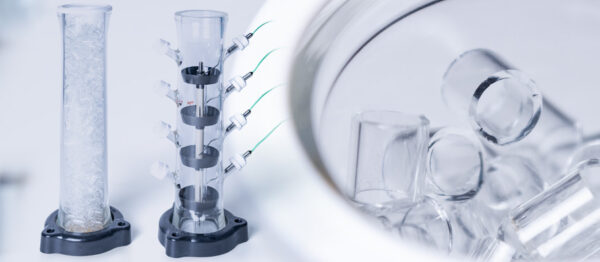
Applications of Distillation Systems
Distillation applications span a wide range of industries:
-
Water treatment – A water distiller can remove contaminants, dissolved solids, and volatile organic compounds (VOCs) to deliver pure water.
-
Pharmaceutical industry – Produces high-purity solvents and fine chemicals.
-
Petroleum refining – Fractional distillation towers separate crude oil into petrol, diesel, and kerosene.
-
Food and beverages – Essential oils, flavourings, and ethyl alcohol production.
-
Laboratory and pilot plants – For water testing, chemical analysis, and process development.
Benefits of Distillation Systems
-
Reliable separation of complex mixtures.
-
Production of purified water, solvents, and chemicals meeting performance standards.
-
Versatility across organic and inorganic compounds.
-
Ability to remove contaminants and target specific compounds.
-
Long-term durability with stainless steel or all-glass construction.
Industrial Sectors That Rely on Distillation
-
Pharmaceuticals – For active ingredients and high-grade solvents.
-
Chemical engineering – Inorganic compounds, sulphuric acid, hydrochloric acid production.
-
Energy sector – Petroleum and renewable fuels.
-
Environmental – Wastewater treatment and recovery of trace metals.
Maintenance and Troubleshooting Tips
Regular maintenance ensures long service life and high performance:
-
Clean boiling chambers and fractionating columns to avoid contamination.
-
Conduct water testing and analysis to verify distillate quality.
-
Inspect storage tanks for leaks.
-
Ensure vacuum pumps and condensers are operating correctly.
-
Follow National Sanitation Foundation guidelines for water distillers in private water systems.
Advancements in Distillation Technology
Modern designs have improved efficiency through:
-
Computer-controlled systems for automated operation.
-
Energy-efficient designs reducing waste heat.
-
Pilot plants allowing scalable testing before full industrial deployment.
-
Compact modular units tailored to laboratory and small-scale industrial use.
FAQs About Distillation Systems
What are the benefits and drawbacks of vacuum distillation systems for water treatment?
Vacuum distillation allows distillation at reduced pressure, protecting heat-sensitive liquids. However, it requires vacuum pumps and adds operational costs.
How does a water distiller remove impurities?
A water distiller heats water in a chamber, vapourises it, and condenses it into distilled water, leaving dissolved solids, contaminants, and VOCs behind.
Can one distillation type be used for all substances?
No. Heat-sensitive liquids need steam distillation, while crude oil requires fractional distillation. Tailored solutions are key.
Why is targeting volatile organic compounds important?
During the boiling process, VOCs can evaporate with water. Advanced distillation equipment is designed to capture and remove them, ensuring purified water.
Contact Us for Tailored Distillation Solutions
At Armfield, we provide advanced distillation units and pilot plants tailored for education, research, and industry. Our systems cover every need, from water distillers for laboratories to continuous distillation towers for industrial applications.
Get in touch with our team today to explore the right system for your specific needs.

Armfield can trace its history back over 130 years, throughout which, the Company’s policy of quality, innovation and service has helped it to maintain a strong market position and develop a reputation for industry leadership in the field of Engineering teaching.
Education Division
Operating since 1963, the Armfield Education Division designs and manufactures equipment for engineering education and research.
Industrial Division
The Armfield Industrial Division designs and manufactures research & development systems, primarily for the food, beverage, dairy, edible oil and pharmaceutical industries.
